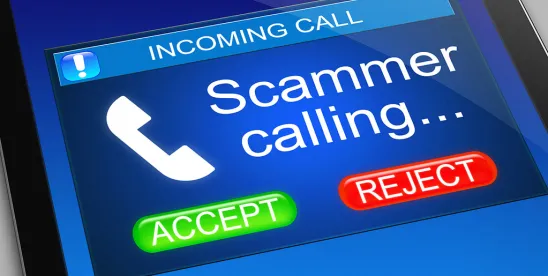For obvious reasons, TCPAWorld focuses on the TCPA. But there are similar State laws out there that can cause massive headaches for businesses. We like to cover those too.
As we covered last month, New York amended its telemarketing statute to include text messaging. On a deeper dive into the statute, five things jump out.
First, Section 399-z is just one of several laws. Section 399-z, the statute New York recently amended to include text messages, is just one of several different statutes regulating telemarketing in New York. For instance, a business that complies with Section 399-z may still find itself in hot water by violating Section 399-p, which prohibits the use of an “automatic dialing-announcing device.” (The hot water in that case might include a lawsuit by the people of the State of New York seeking $2,000 per call, or a private litigant seeking “actual damages or fifty dollars, whichever is greater.”)
Second, New York publishes its enforcement record and can HAMMER companies with fines of $11,000-per-violation. New York’s Department of State’s Division of Consumer Protection is responsible for investigating and enforcing New York State’s Do Not Call statutes. Since 2014, it has published each action and resulting Consent Order, available here. Take a quick look at those numerous consent decrees. New York takes its enforcement authority seriously! And the exposure is high. Companies can face fines “not to exceed eleven thousand dollars for each violation.”
Third, the steep fines associated with Section 399-z do not preempt private claims or the FTC or the FCC. Our third takeaway relates directly to the first–there are several interrelated laws in New York governing telemarketing. So a company that solves its $11,000-per-violation problem for violating the DNC is not immune from private causes of action for related conduct. Nor is it immune from separate actions by the FTC and FCC. (Adding to the confusion, Section 399-z does not appear to authorize a private right of action standing alone. But, again, see the first takeaway.)
Fourth, there is an exception for an “established business relationship,” but it requires an opt-out. Section 399-z prohibits calls unless the customer gives express written or verbal consent or there is an “established business relationship.” Except that even if the consumer has an established business relationship with the customer, calls or texts can still be illegal where “such customer has stated to the telemarketer that such customer no longer wishes” to be contacted. This vague qualifier invites trouble and requires careful compliance to ensure a company is honoring requests not to contact–even for its existing customers.
Last, the Department can demand records, like right now! In TCPA litigation the burden and expense of discovery informs strategy, no doubt. Section 399-z turbocharges discovery-related problems by allowing regulators to demand documents on suspicion of a violation. And, if the business does not turn documents over, it can face steep sanctions.




 />i
/>i

